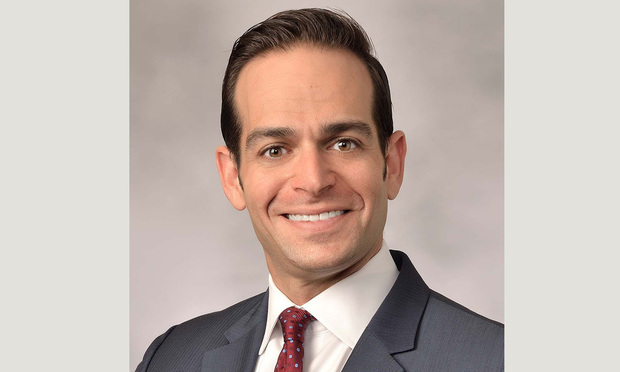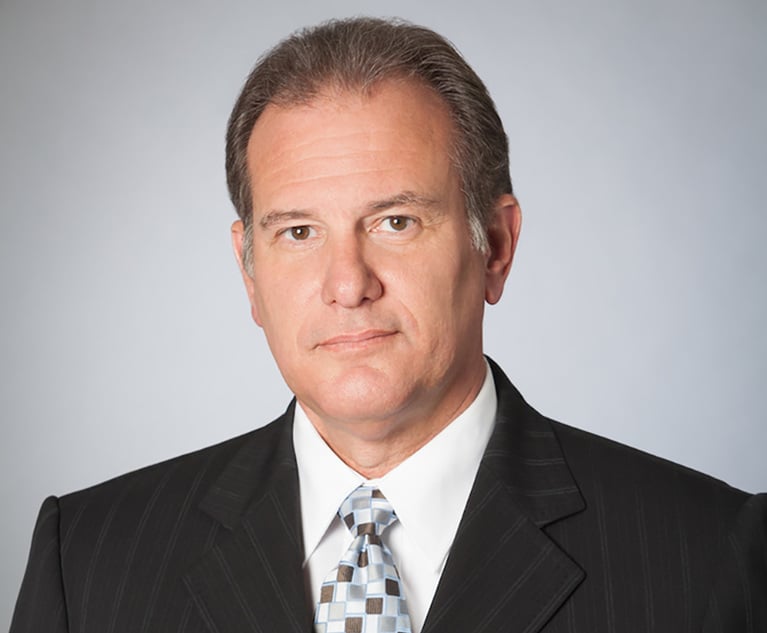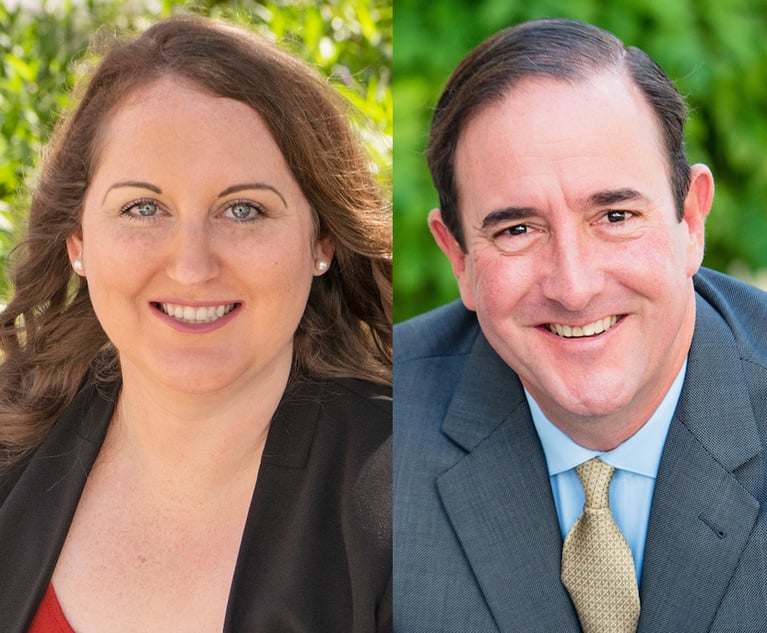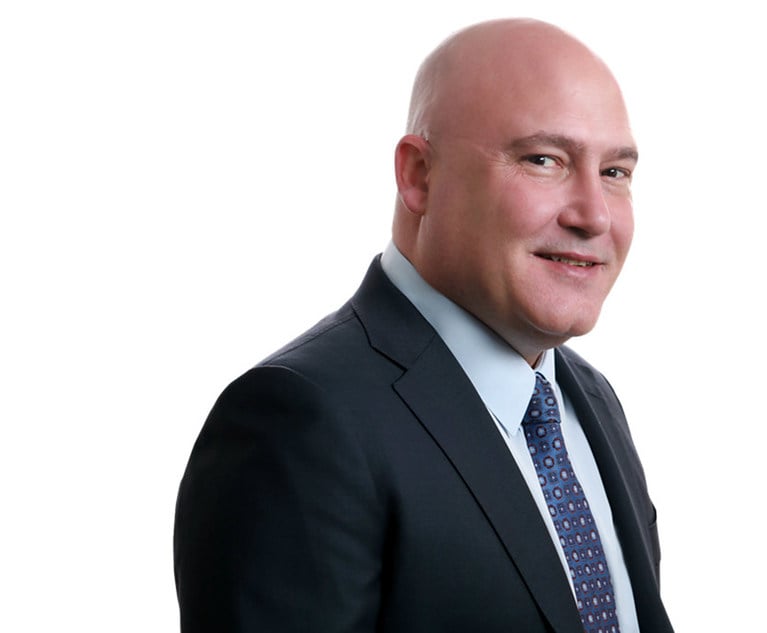Some seasoned members of the legal profession may recall a time when attorney advertising was prohibited. Over the past several years, however, we have seen a proliferation of it through various media. Indeed, attorney advertising has not only become the norm, but it has become almost essential for the continued success and viability of a law firm. Though many lawyers often speak of the ethical implications of attorney advertising—and rail against the larger firms with seemingly limitless resources to execute formal campaigns—their nobility and pride often give way to the harsh reality of the situation. If they wish to remain in the competitive marketplace of legal representation, they are forced to advertise. In other words, if everyone else is doing it, then I have to, also.
Irrefutably, advertising works. When I worked at a large firm with a successful advertising and marketing strategy, I saw firsthand how these advertisements made the phone ring. While we did have a regular stream of new clients, the unintended drawback was the effect of the advertising on members within the legal community. Routinely, I would hear attacks from attorneys at other firms and face their scorn at social gatherings and on email Listservs. Countering these barbs by stating we were playing within the rules—the advertisements had been approved by the Florida bar and that we wouldn’t do it if it didn’t work—did little to diffuse the situation. Opposing counsel would also attempt to use our ads against us, particularly at trial in the voir dire stages. Again, the firm had done absolutely nothing wrong. The advertisements were factually accurate, effective, and bar-approved. But for a large segment of our professional brethren, it just seemed wrong.


 Howard Weitzner, attorney, Cutler Rader, Deerfield Beach, Florida.
Howard Weitzner, attorney, Cutler Rader, Deerfield Beach, Florida.




